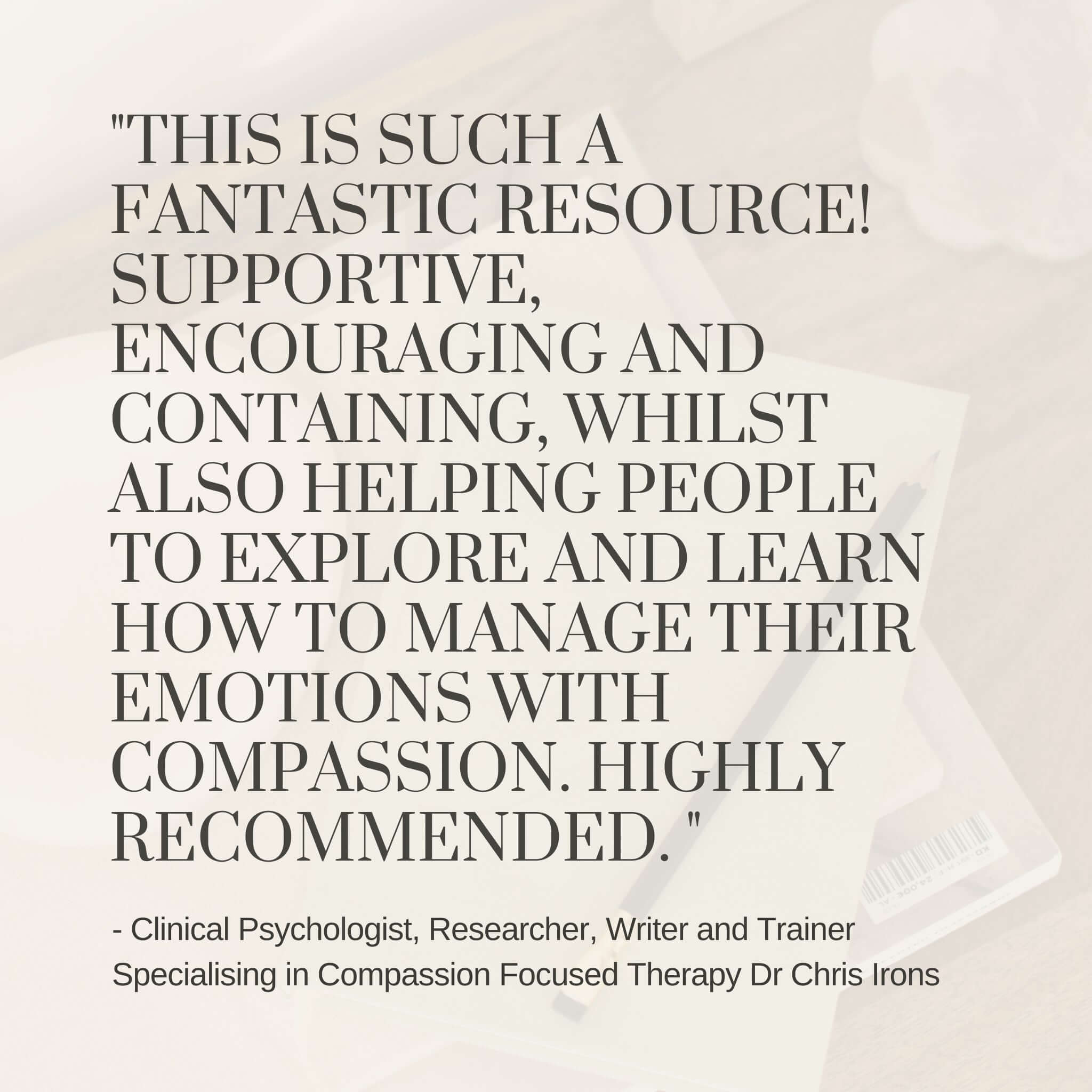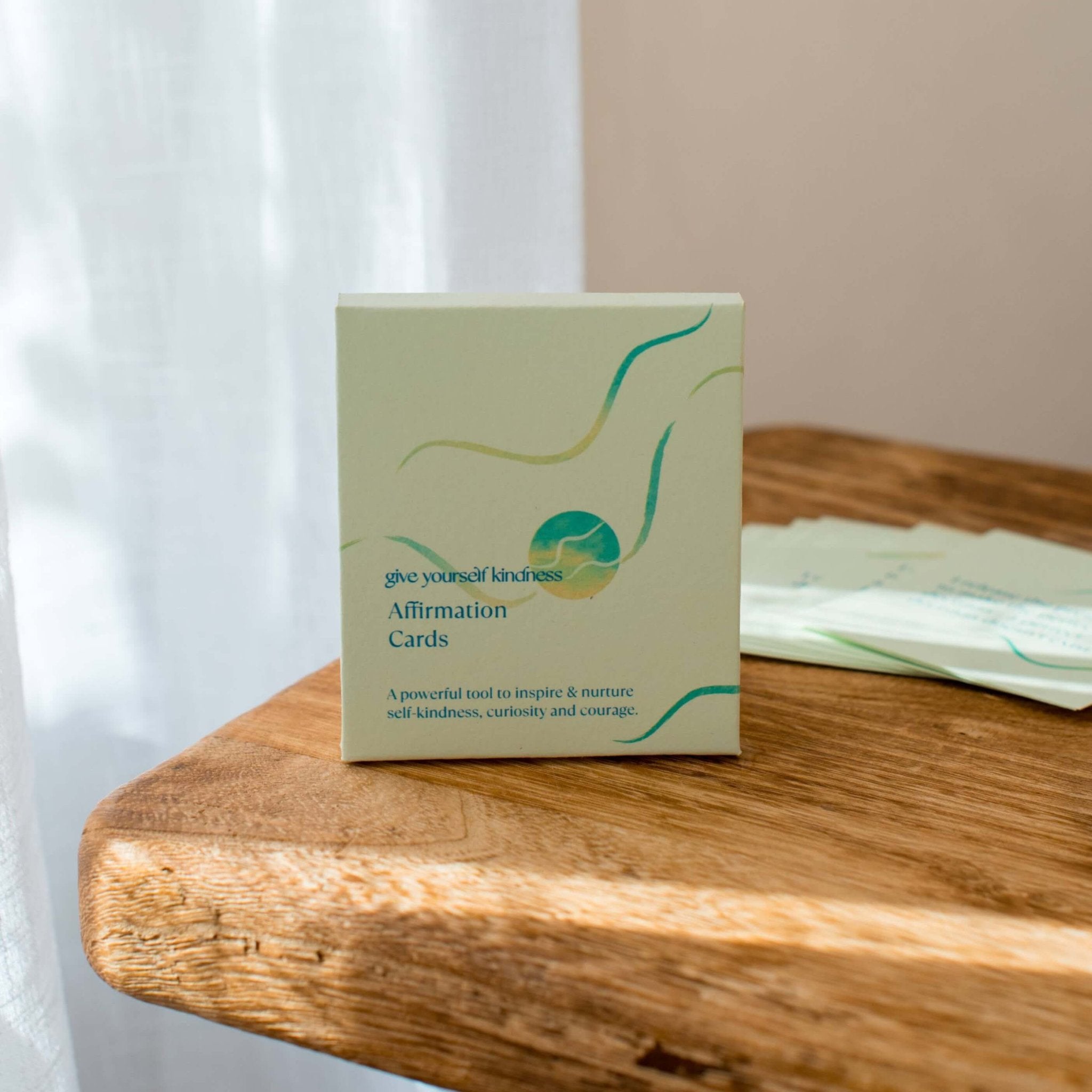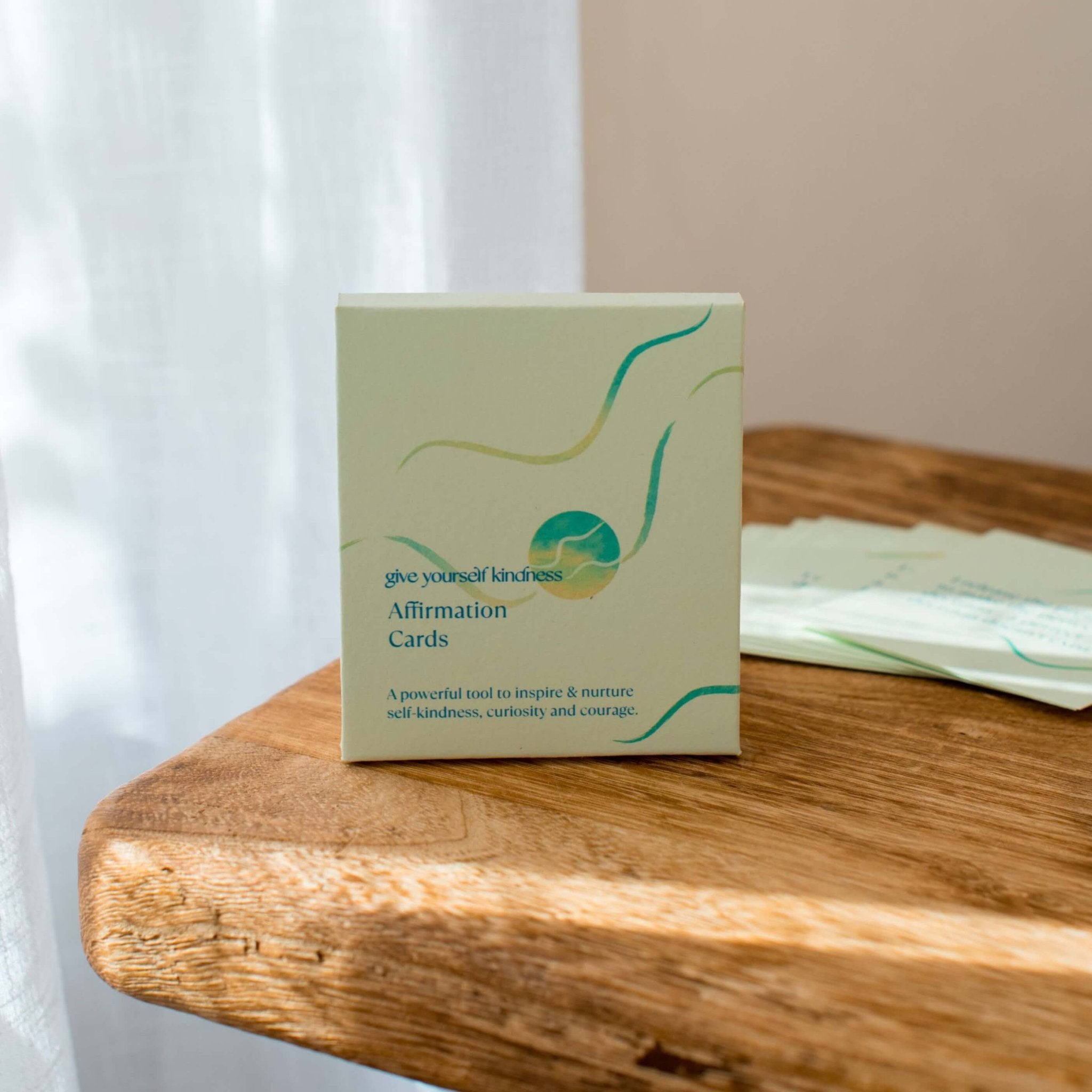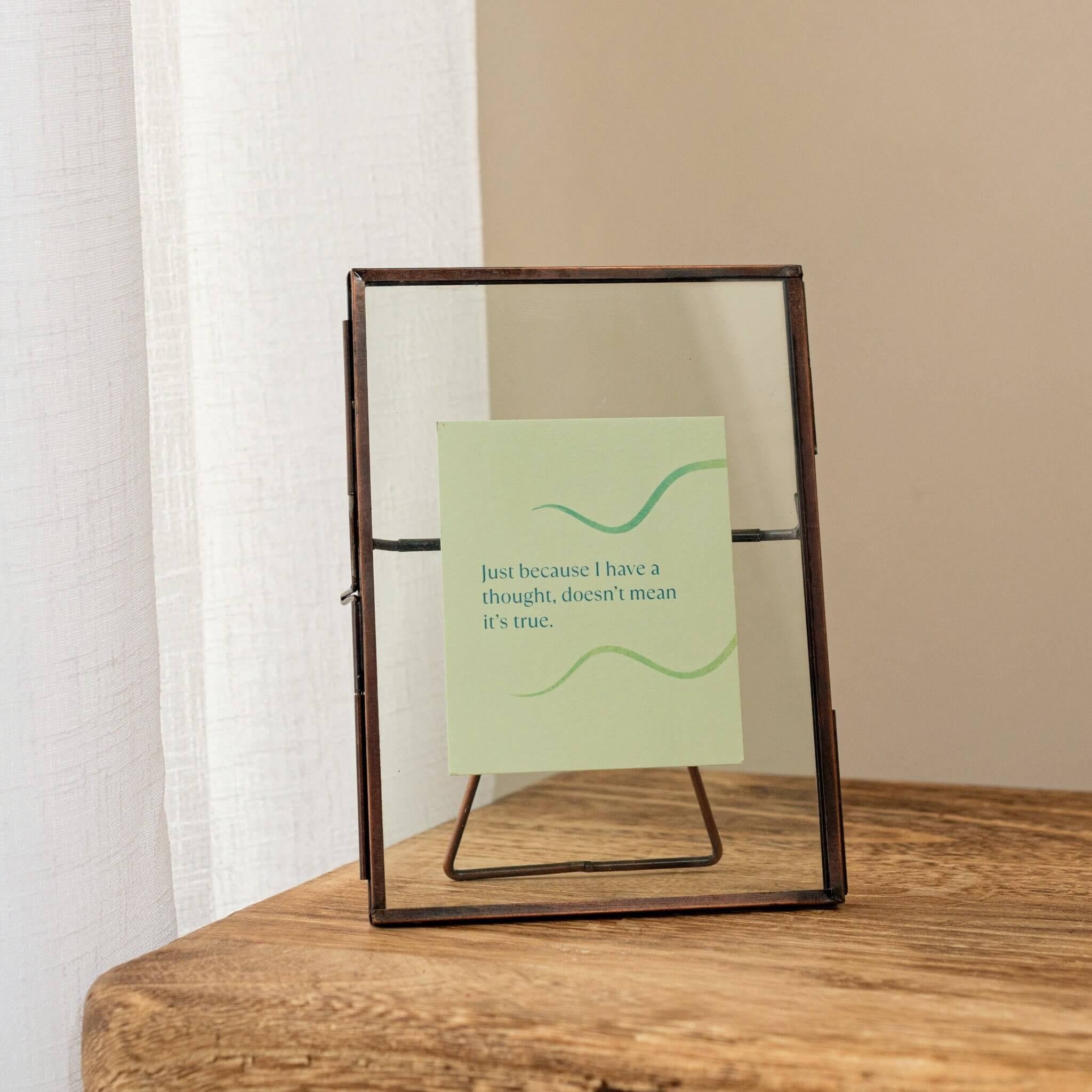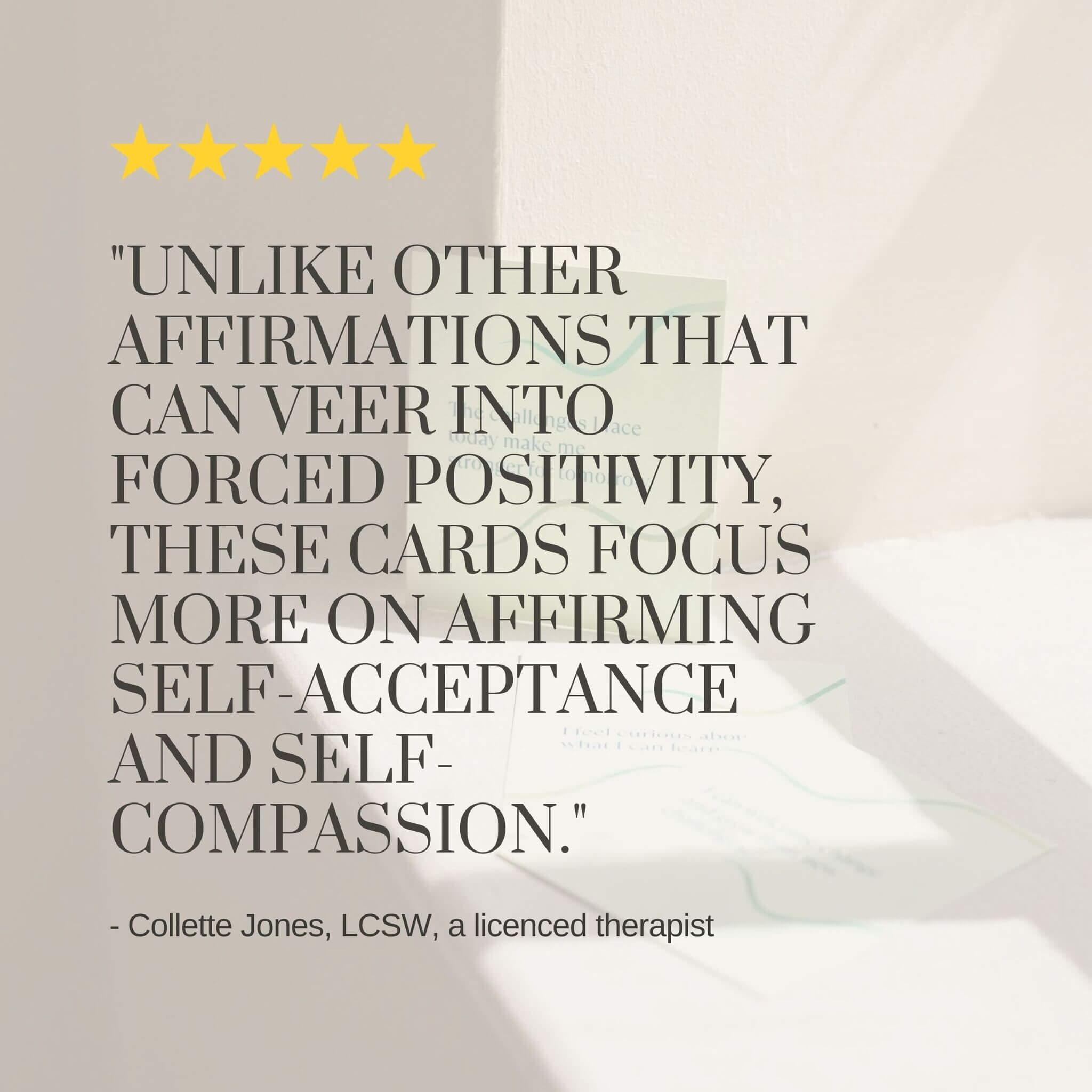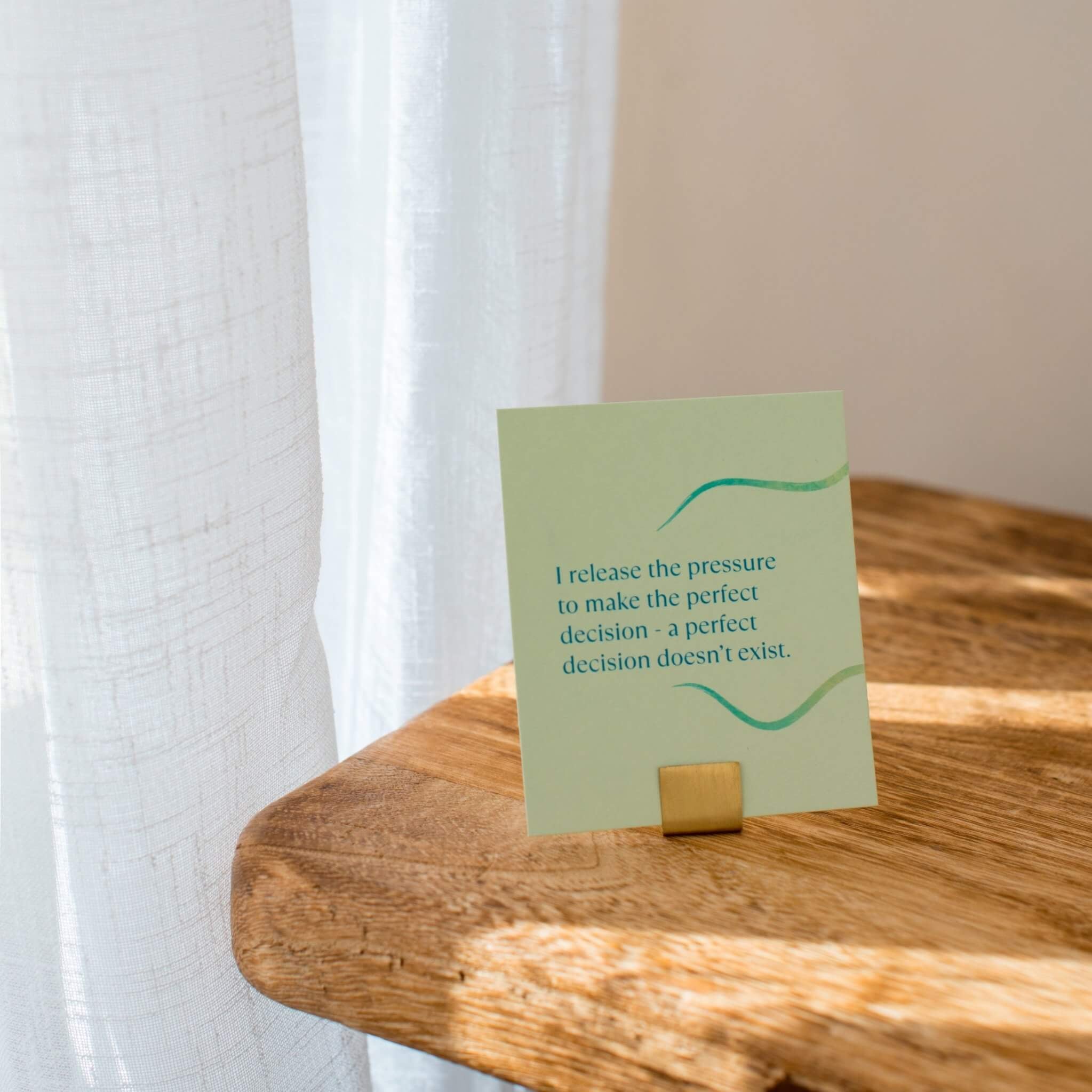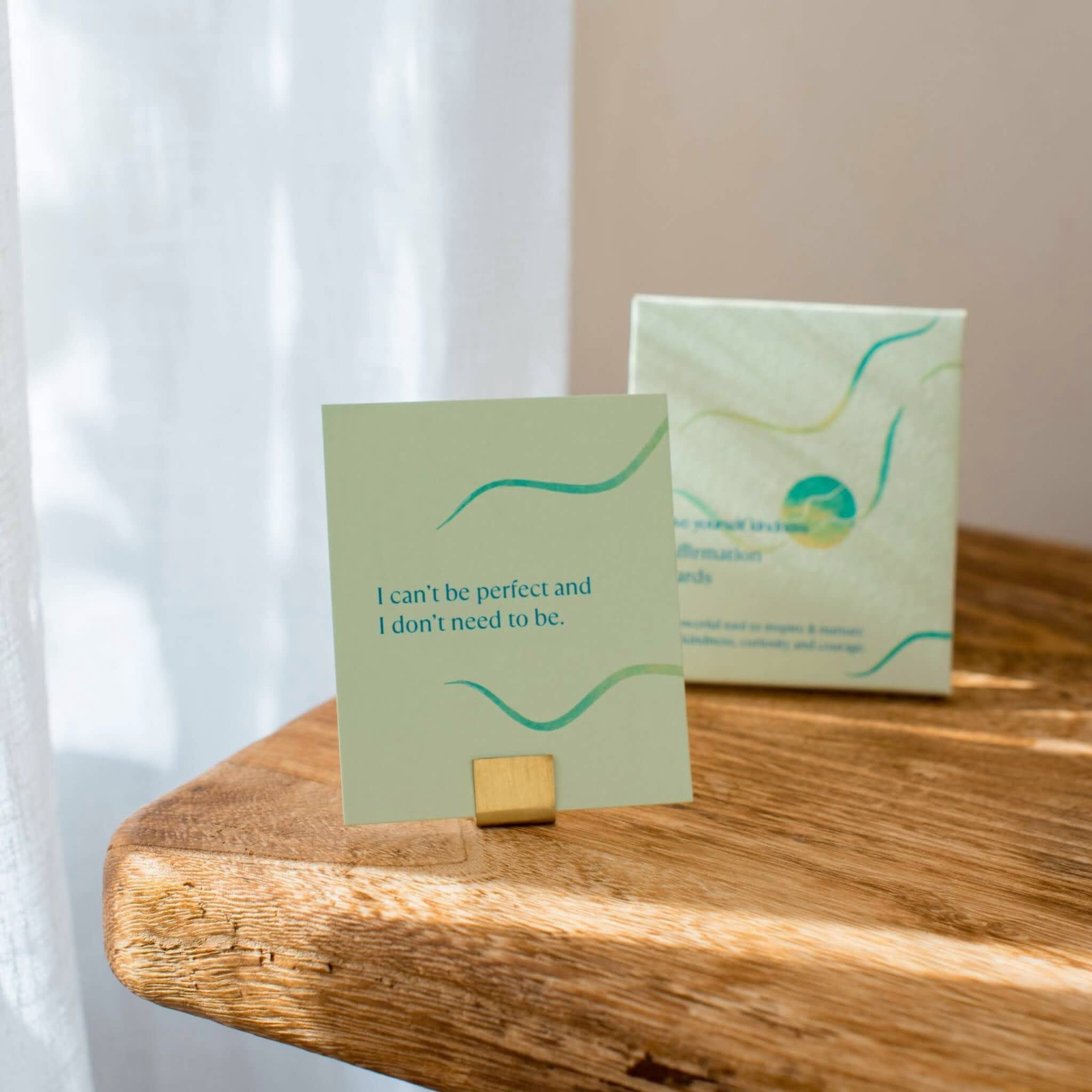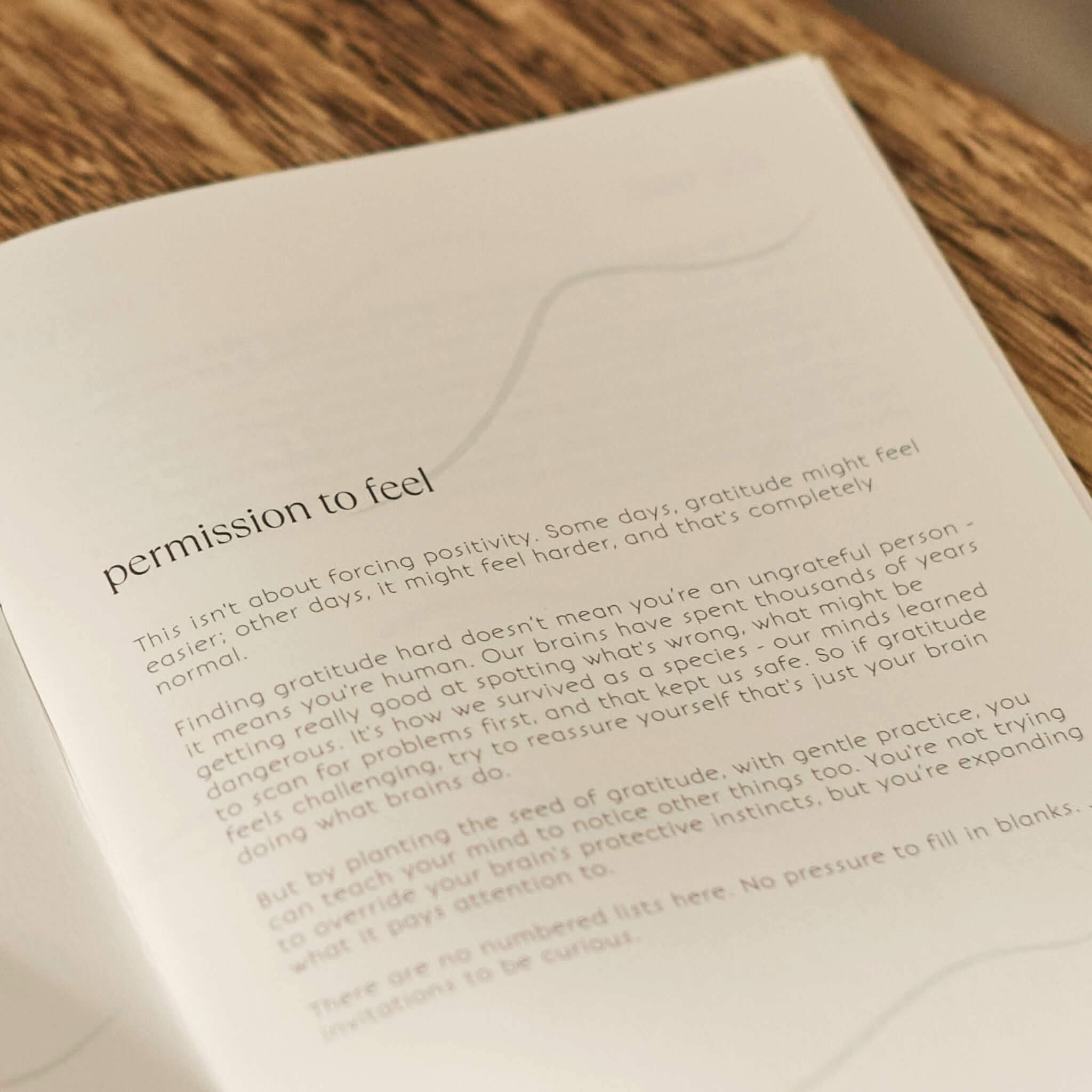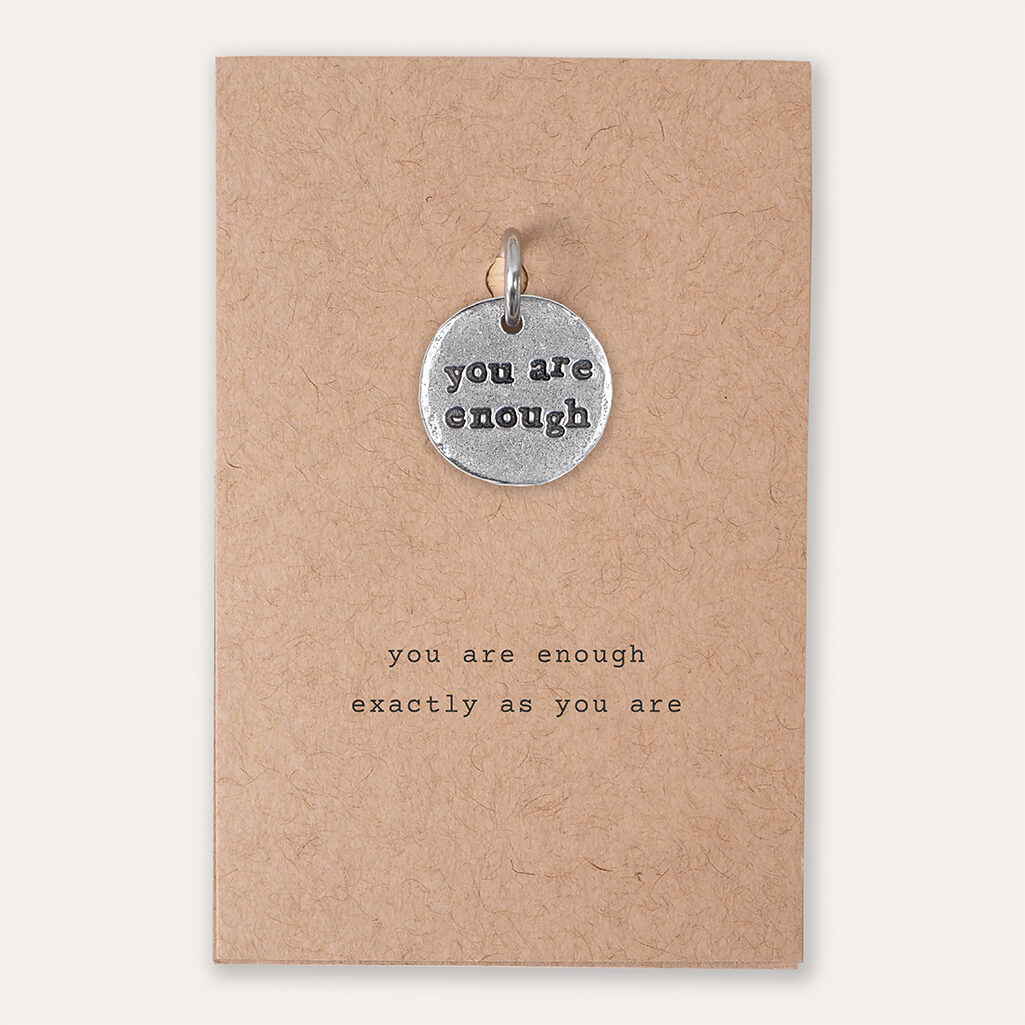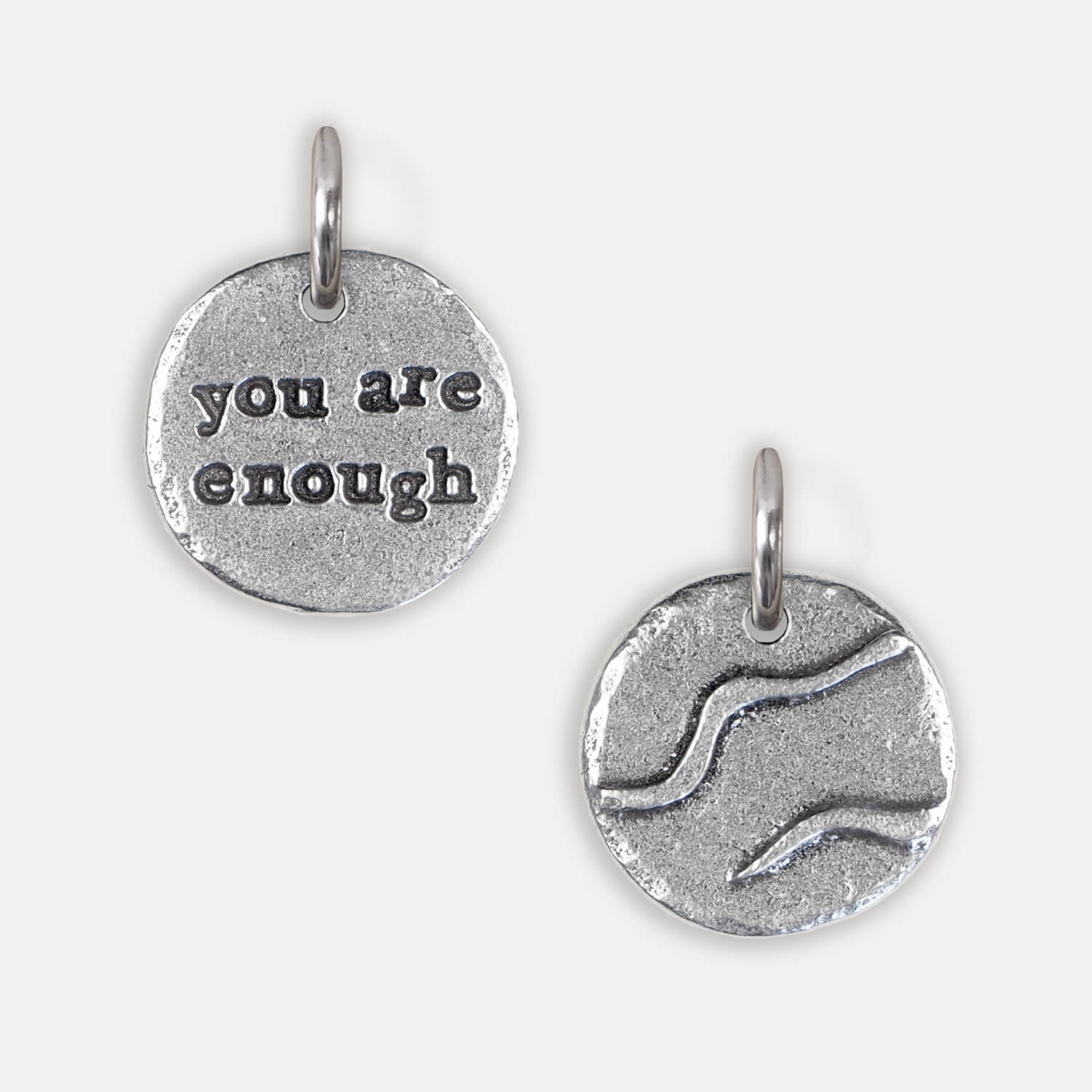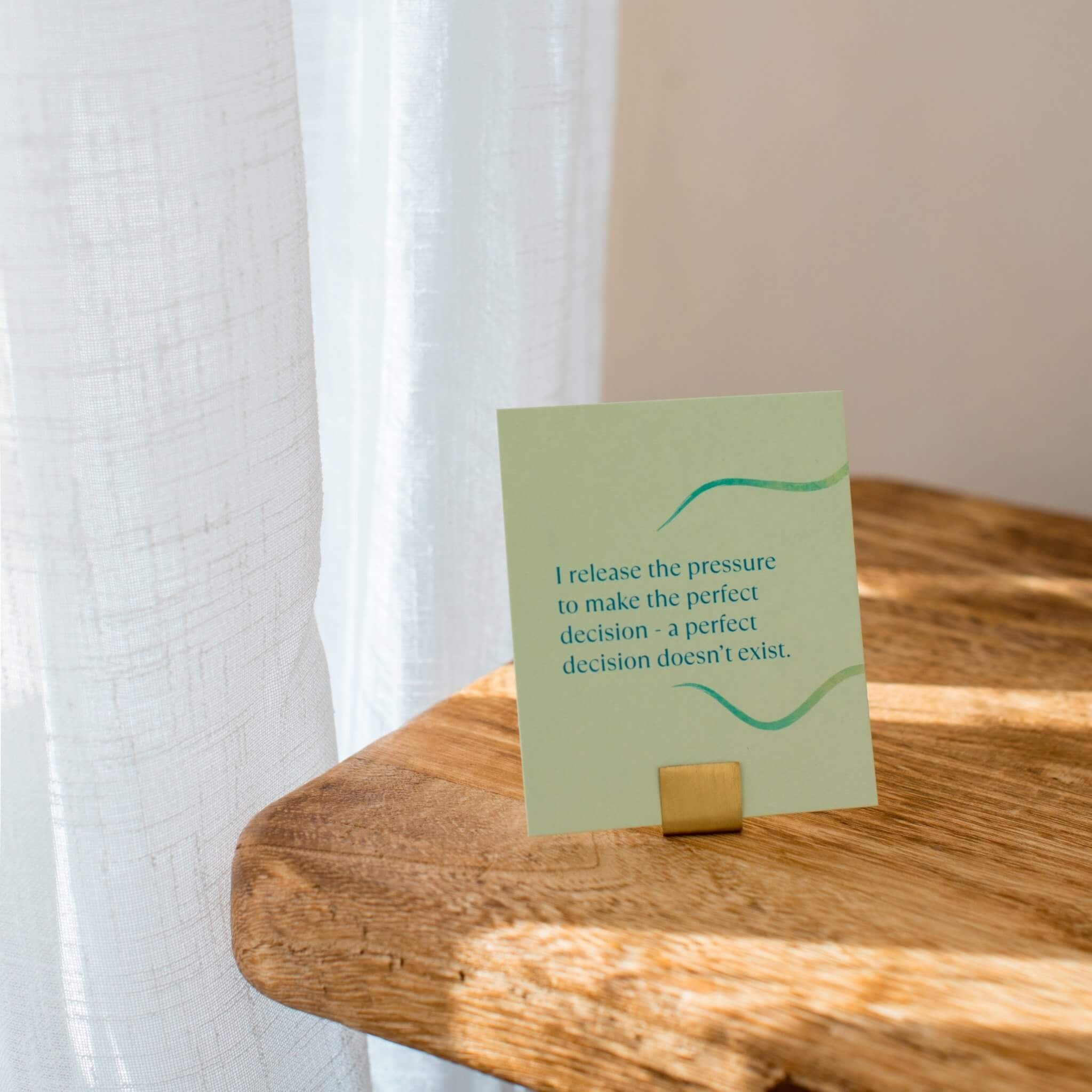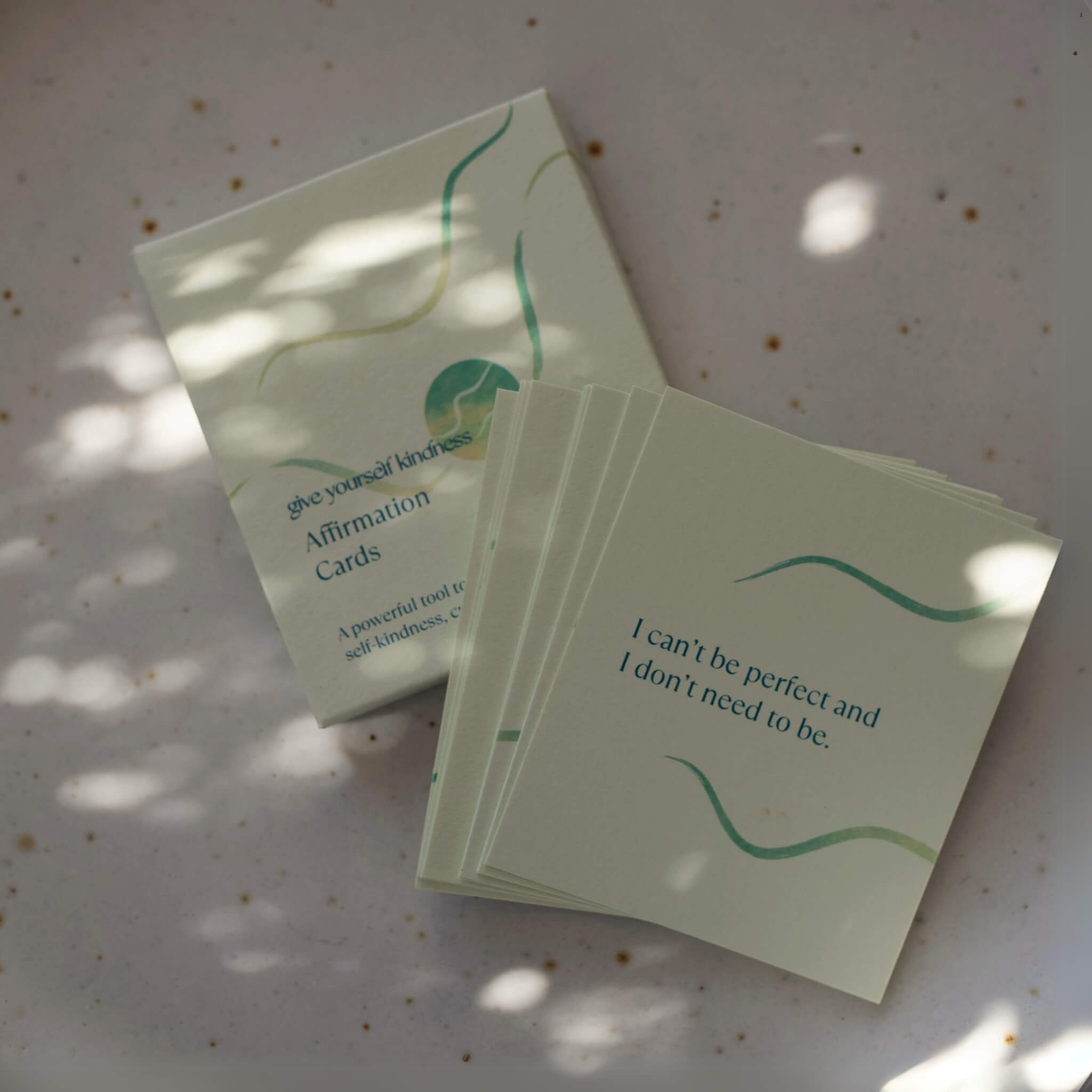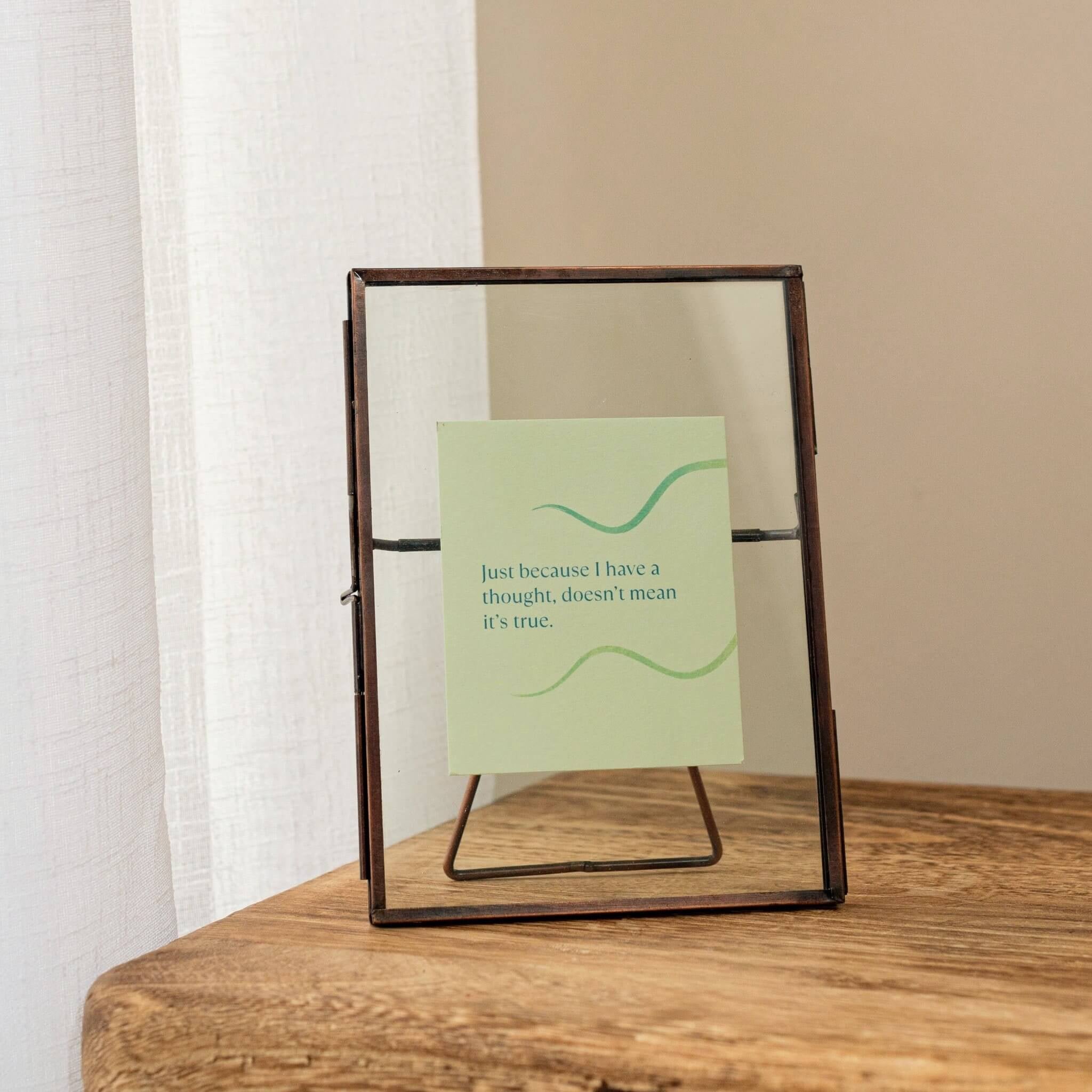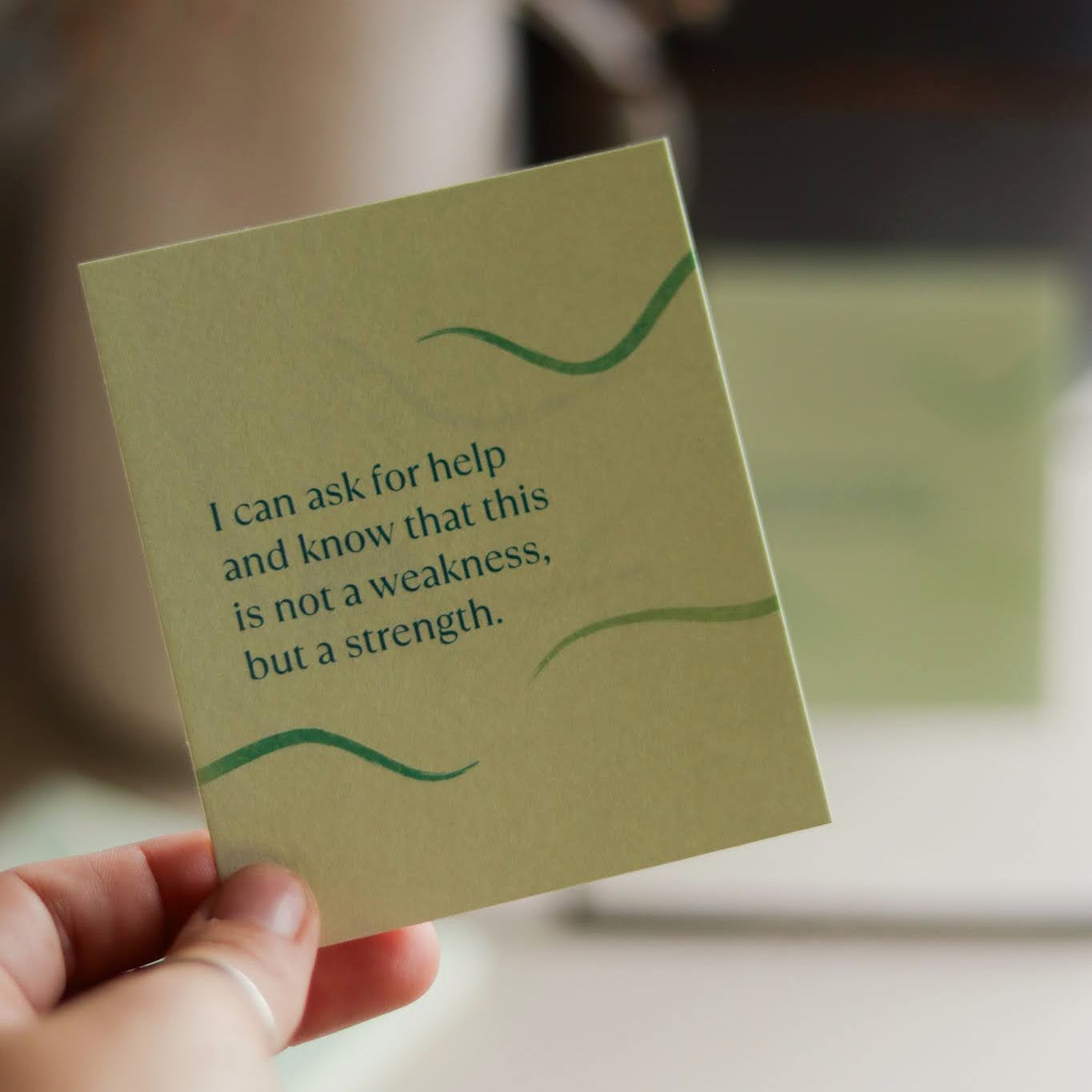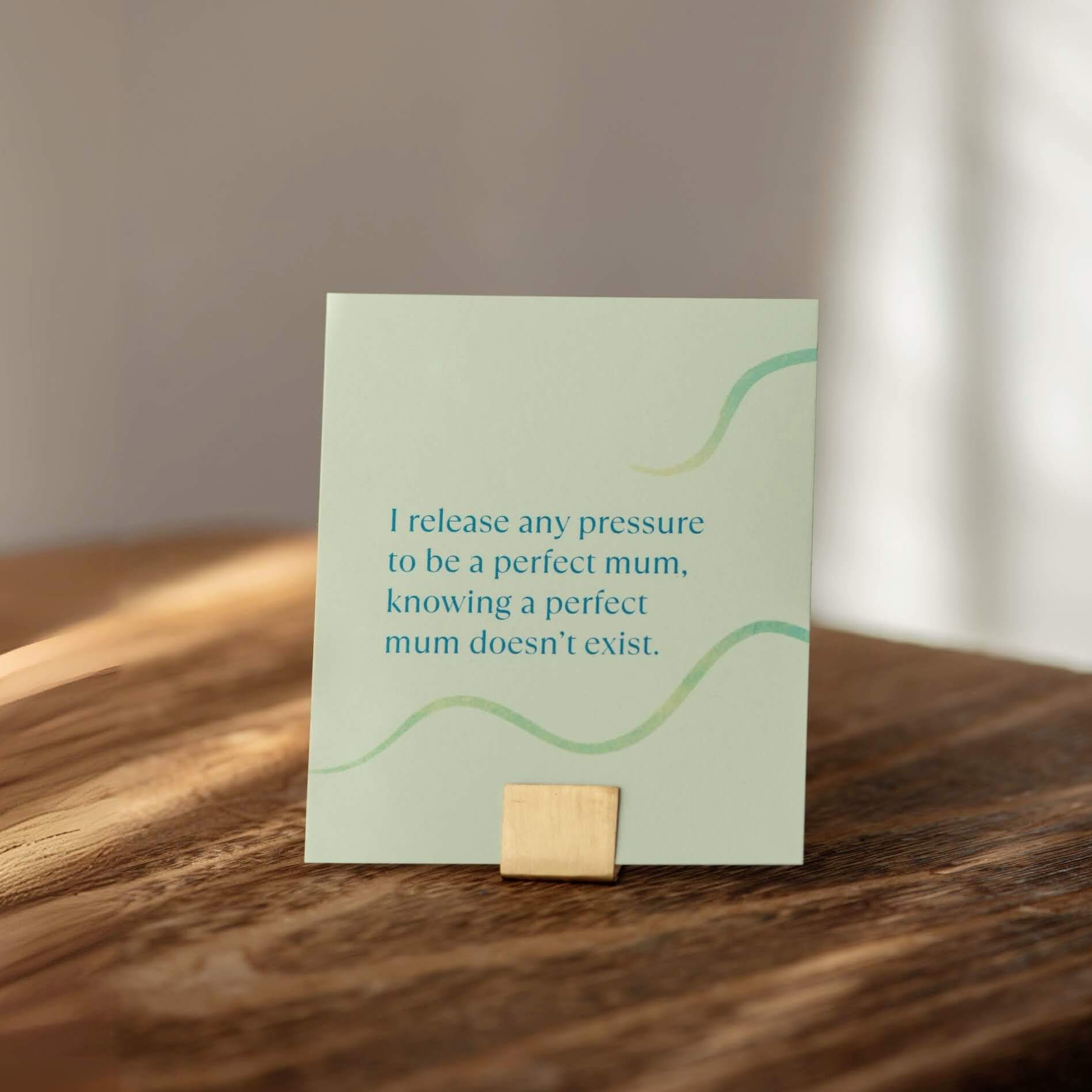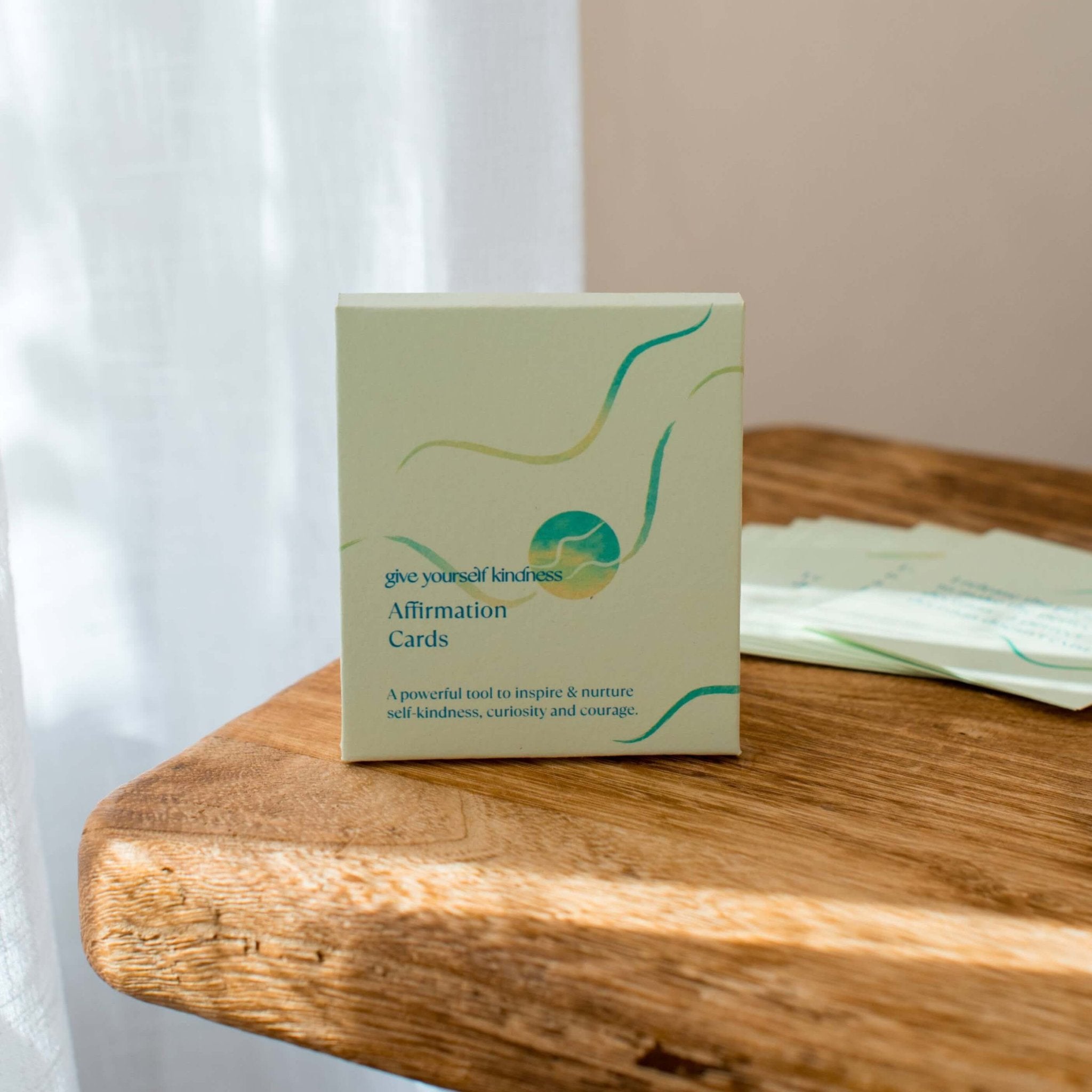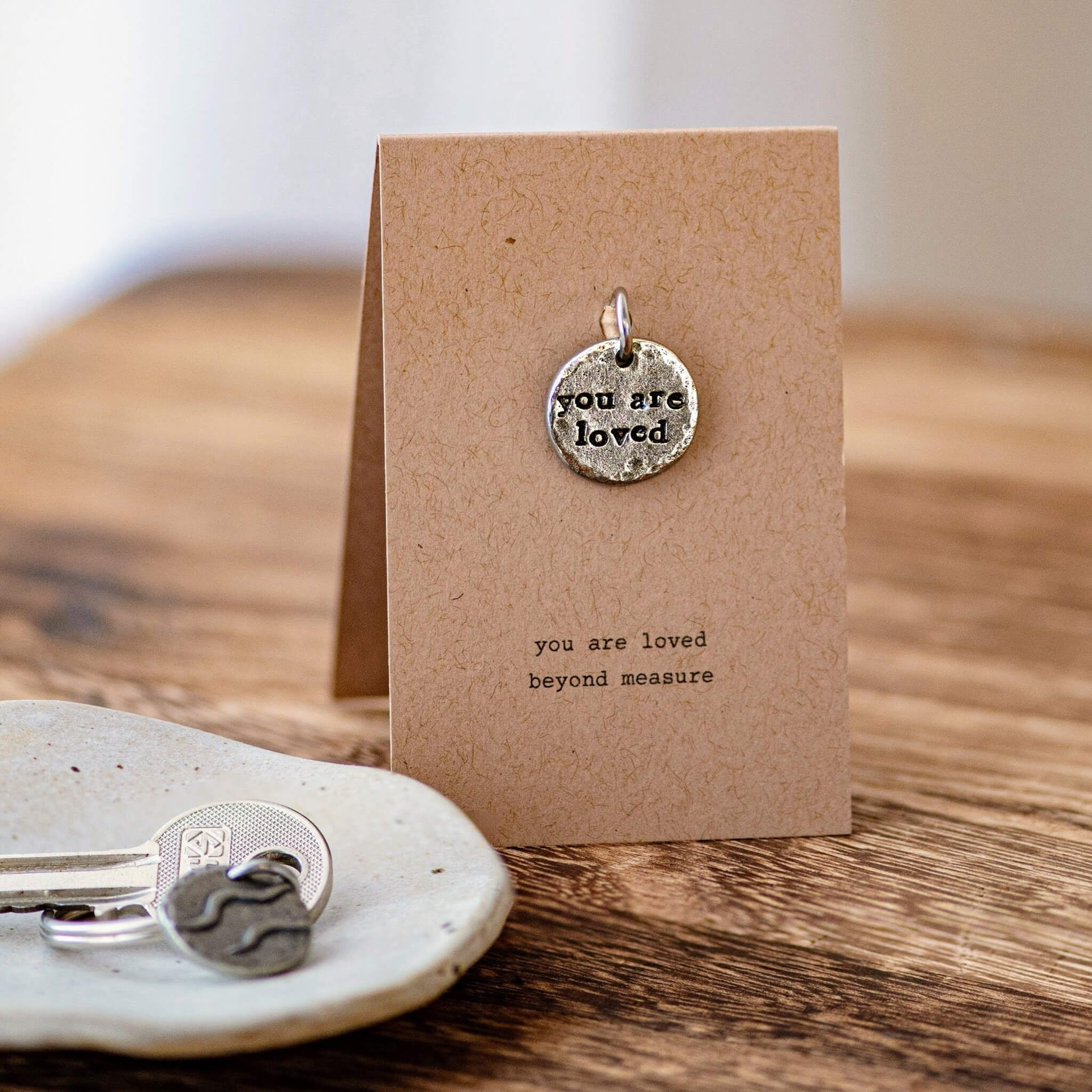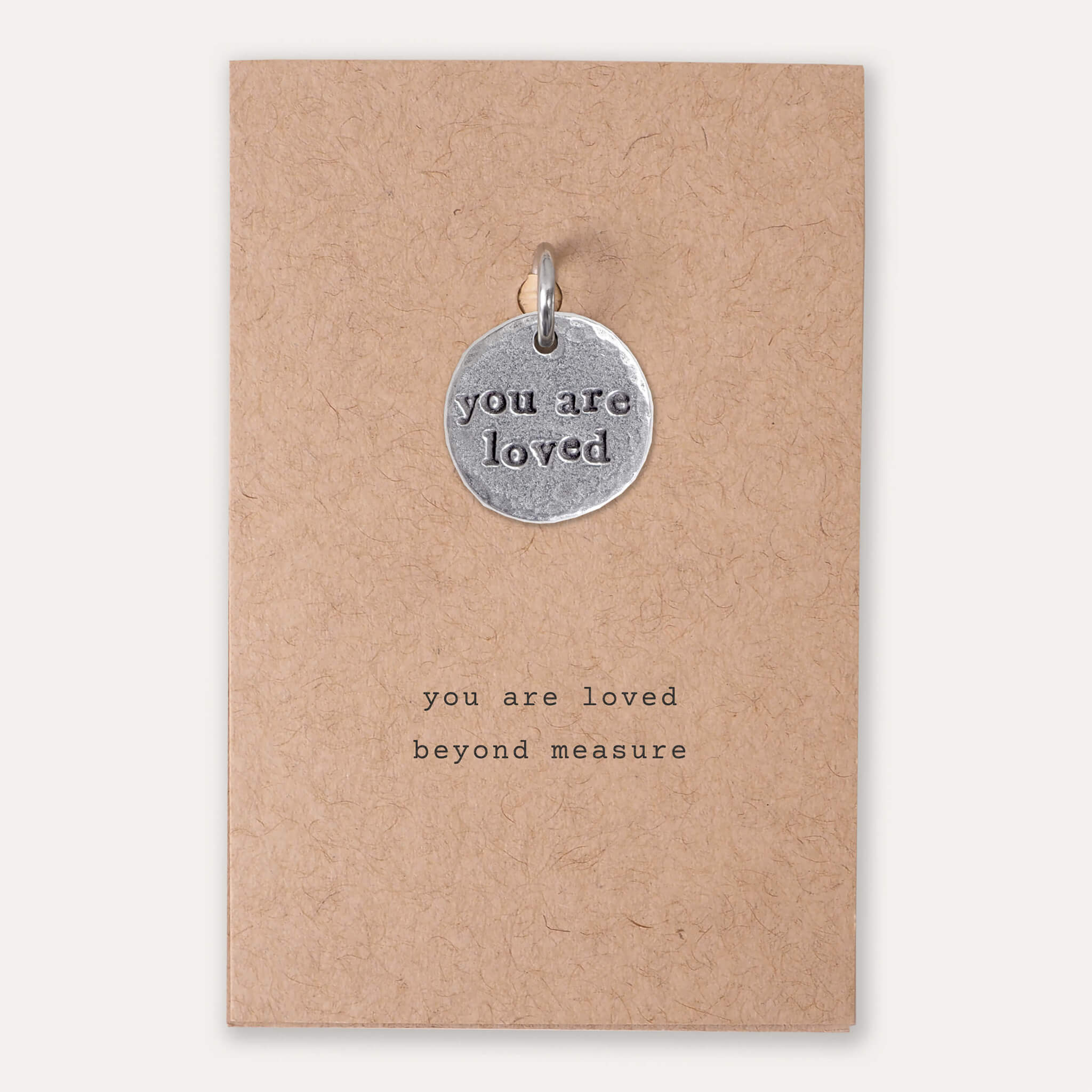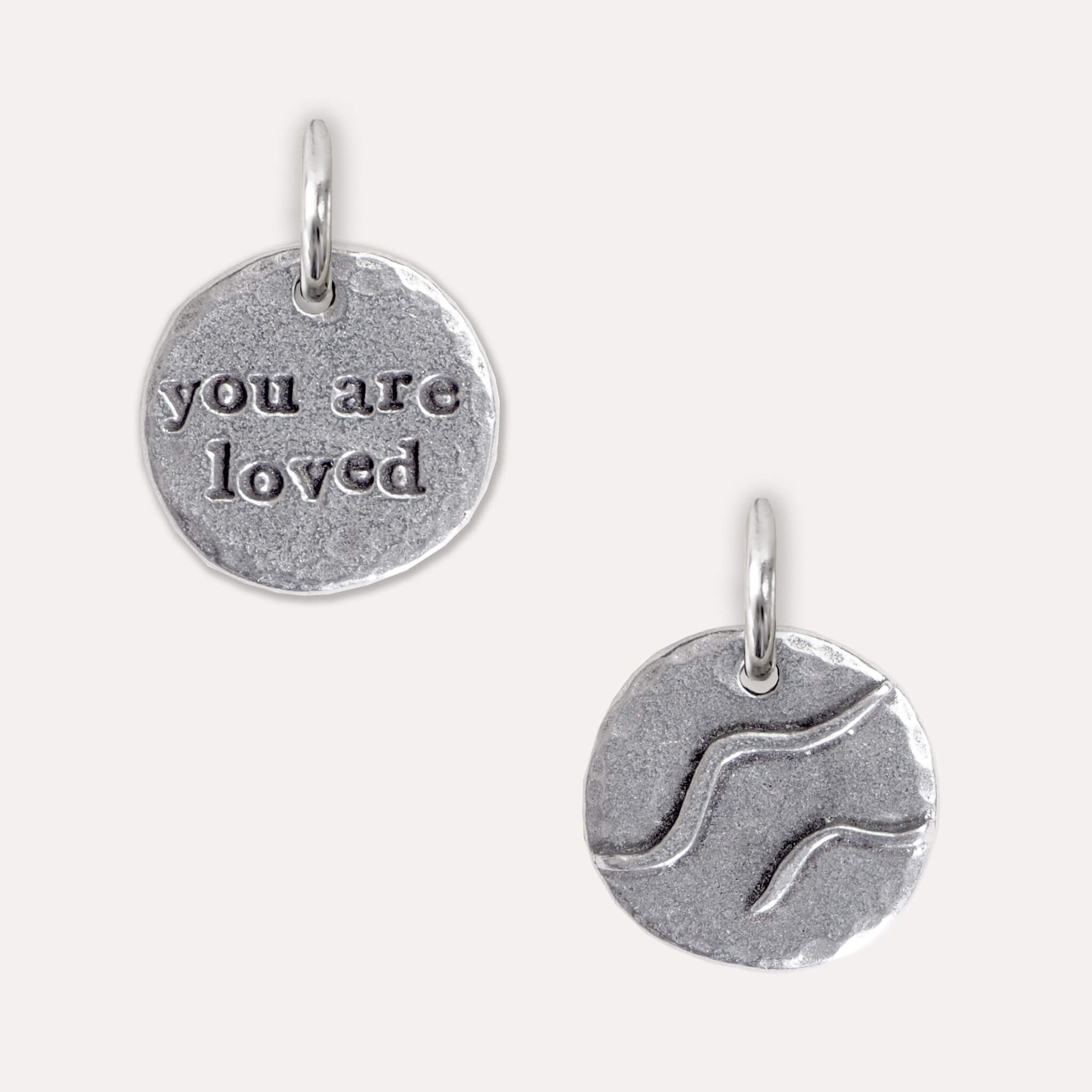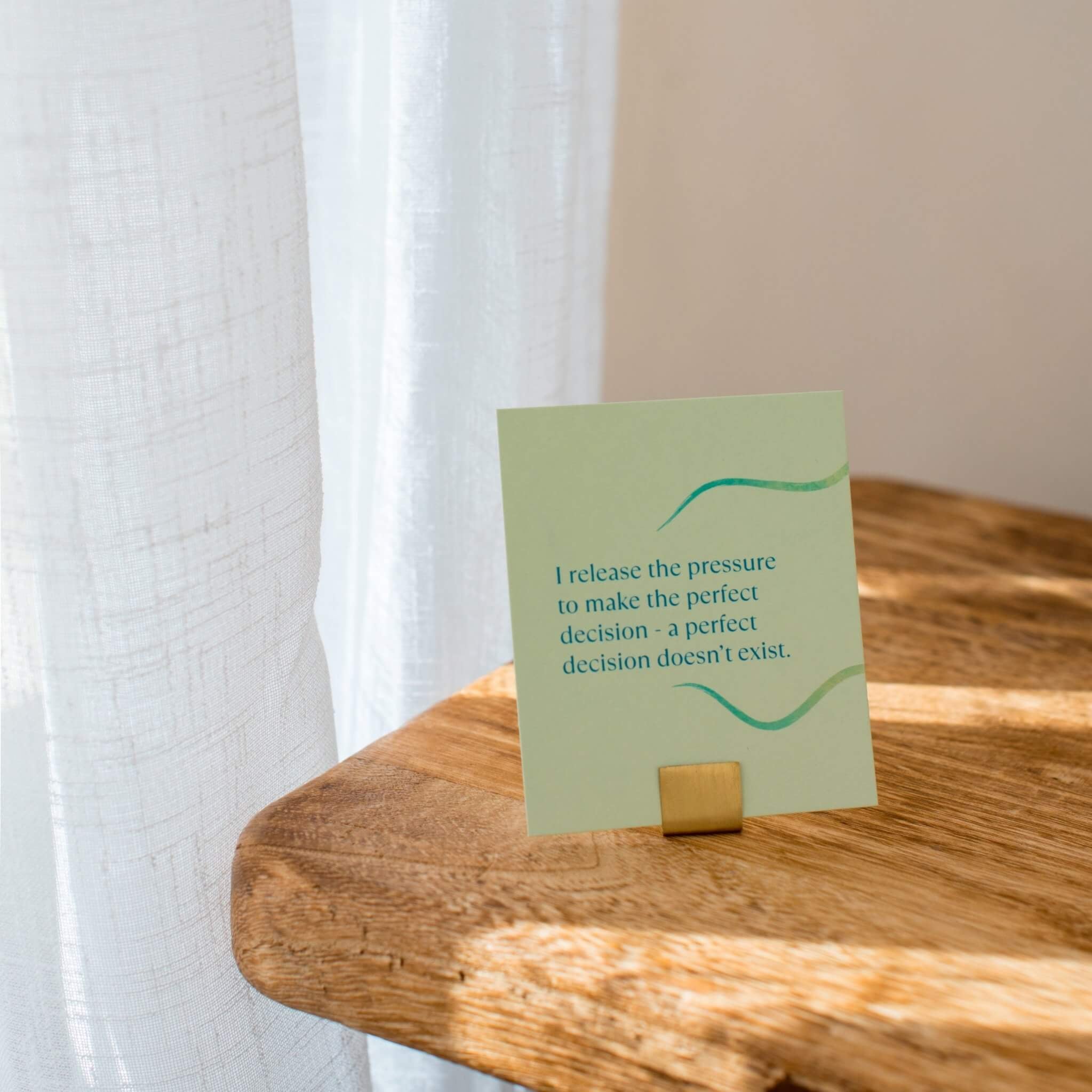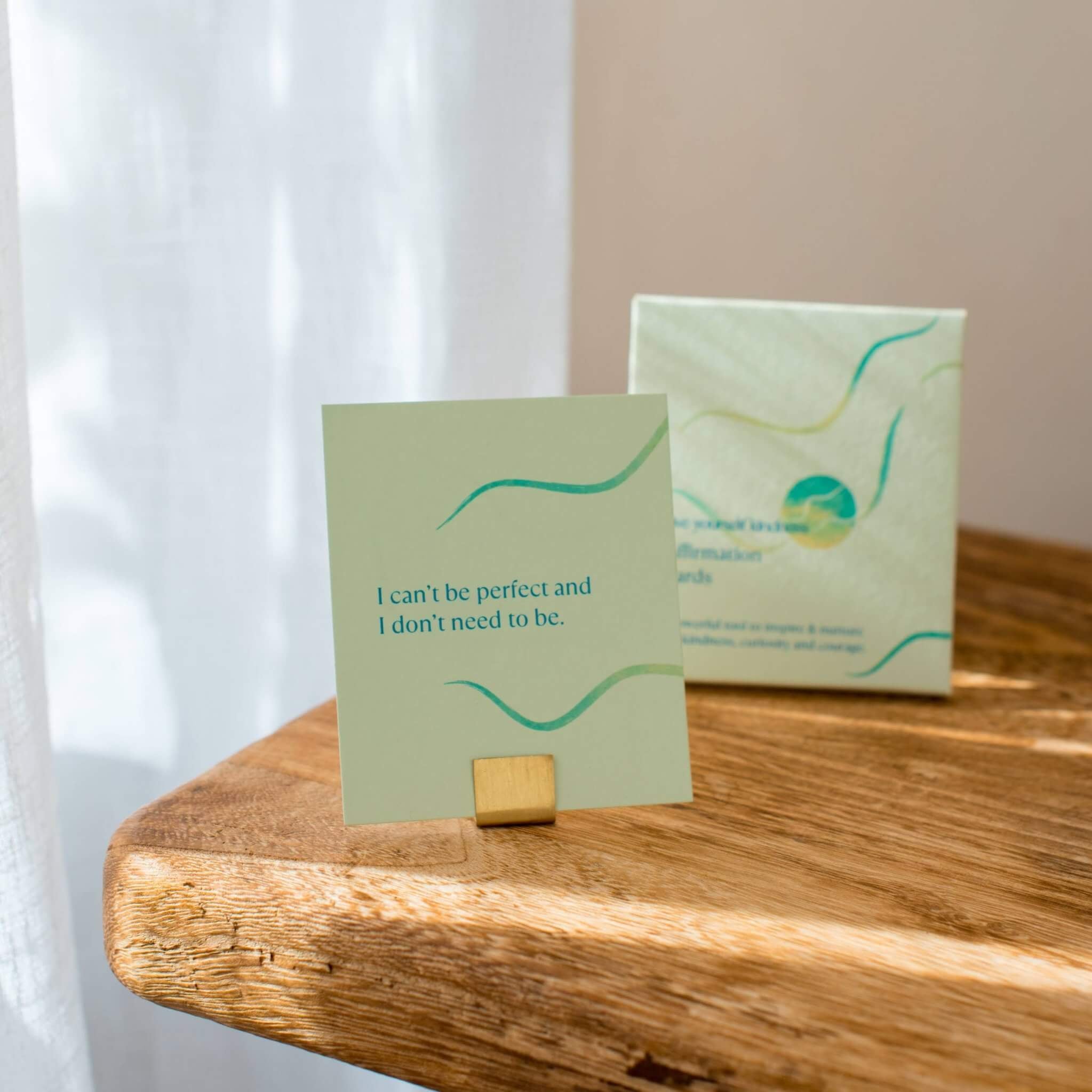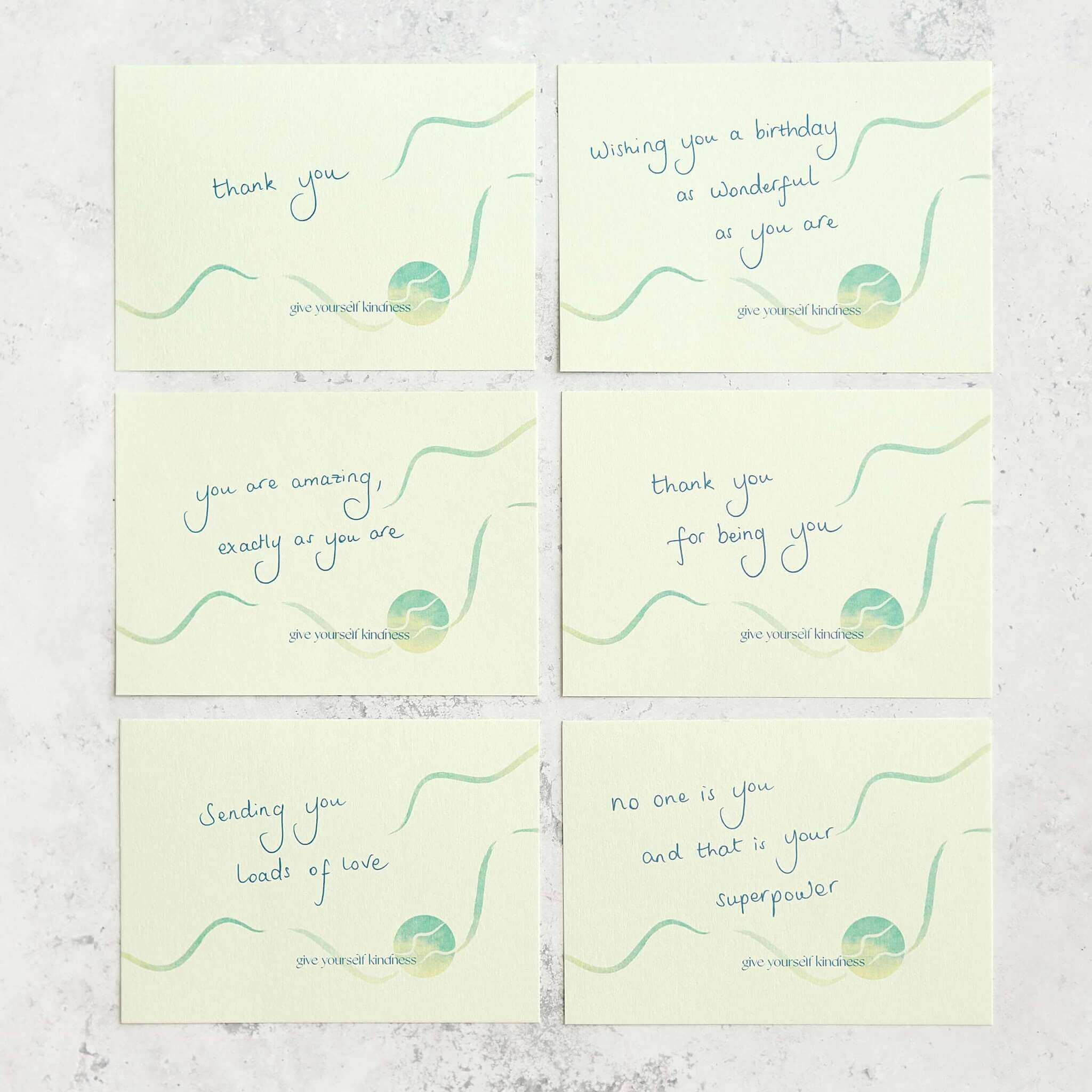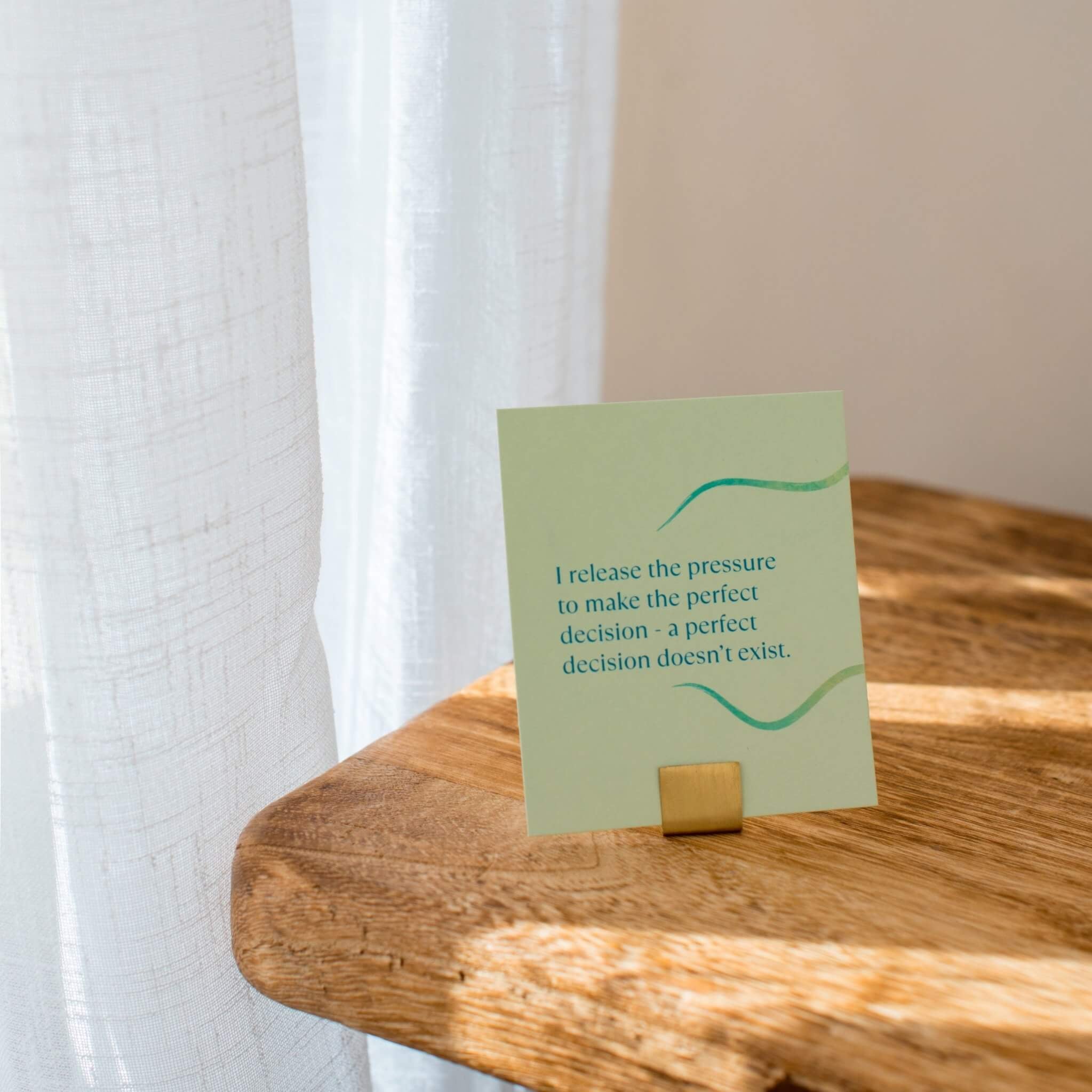written exclusively for Give Yourself Kindness by Alex Pett, an experienced resilience coach, working with individuals and organisations on building up what we need to survive the tough times, cope better with stress, rewrite the negative patterns of the past and go onto live an authentic, purposeful and joyful life.
What resilience really means
Most of us feel like we would like to be more resilient at some point or other in our lives. And the words we tend to associate with resilience are words like ‘adaptability,’ ‘consistency, ‘flexibility’ and the phrase ‘bouncing back.’
There is a general sense that these are things we should just be able to do. And, all too often, what gets forgotten is the work that needs to go into what actually brings these things within reach for us.
For example, being able to bounce back requires the ability to motivate yourself when something has gone wrong. And for that you need to know how to calm your fears - because a lack of motivation usually happens when the fear of something is greater than the desire to act.
Because the process of becoming resilient is so misunderstood, I’ve created a handy guide that tracks how you get from where you are now to where you want to be:
 .
.
The self-compassion, resilience connection
As you’ll see from this, self-compassion is critical. I’ve identified it here as the key component in not giving up but the reality is that self-compassion touches many parts of resilience. And, if your self-compassion is low, you can expect your resilience to be too.
What is self-compassion?
This is a really important point because self-compassion has a fairly weak and ineffective reputation in the wider world.
If I mention it to someone who doesn’t really know much about it they are likely to nod and smile but not take it seriously as something that can effect powerful change. It couldn’t be further from that. Self-compassion is about being kind to yourself, yes, but it’s also about looking at the situation you’re in and identifying how to make your life better. It’s proactive and it has momentum.
Why is self-compassion so important for resilience?
Because being self-compassionate gives your body and mind the chance to perform at their best.
You may not have been expecting that. But it’s self-compassion that enables you to access all your personal resources, from the ability to forward plan and get perspective on a situation to being able to push through a very physical fear and take action - for example overcoming public speaking nerves. It does this because being self-compassionate to yourself creates a positive inner world where you are staying well away from panic mode.
Self-compassion is a far better motivator than self-criticism
Situations where failure happens, something goes wrong, someone makes us feel bad or we make a mistake are difficult for anyone to handle. But they also happen to all of us. What separates people in these situations is the internal response that they have to these difficult events.
For a lot of us (including me for many years), my response to anything difficult was to shame and criticise myself. I believed I could motivate myself with self-criticism - and I deserved the harsh words if something went wrong.
I just needed to push harder, force myself to change and stop being such a baby. I had a brutal inner voice that constantly told me I needed to do better and that failure wasn’t an option. So, when failure happened, I spiralled off into shame. My nervous system was triggered into panic mode (fight, flight, freeze) and I would get trapped in there.
Why self-criticism doesn't help
The reason why this matters so much for resilience is because when your body is in fight, flight freeze it sends all its resources to the parts of you that you will need to run or fight. And it diverts resources away from the parts of you that aren’t necessary for immediate survival i.e. the planning and decision-making parts of the brain, your ability to get perspective on a situation, to be innovative, creative and problem solving.
So, you can’t bounce back, adapt or stay consistent (the traits we recognise as “resilient”) because that’s not where your focus is going. And you will give up because all your resources are focused on just surviving, whether that is fighting, running or freezing for you.
Rebalancing the nervous system
A big part of the work I do with clients as a resilience coach is showing people how to bring their nervous system out of fight, flight, freeze.
There are physical ways to do this (with scent, through breathwork, using the vagus nerve, for example) and there is also self-compassion.
In study after study, self-compassion has been identified as the conduit that allows us to get back to a calm place where we can access rational decision-making, get some distance from our emotions and formulate a plan for next steps. It is so, so powerful.
Studies have also identified that the opposite of self-compassion - self-criticism - can have the same impact on your nervous system as being physically attacked.
So, this inner narrative is crucial. You’re making a choice every day about the narrative that you listen to - and if your resilience is low right now I’d place a bet on the fact that self-criticism is high and self-compassion is low.
So, how can you start to be more self-compassionate so that you can feel more resilient?
1. Notice the way that you talk to yourself every day
How much of what you say is critical, shaming or designed to hurt? Replacing this with kind, but proactive, language will make an enormous difference.
2. Interrogate your beliefs - do you think that it’s necessary to be hard on yourself to make progress?
Many of us have inherited this belief from previous generations who suffered just as much with it. You will find scientific evidence that it doesn’t work with a quick internet search. So, it’s time to stop running this faulty thinking, especially if your life isn’t going how you’d like it to right now.
3. Look at how you respond to failure
We need to take action and risks to build resilience but if you have low self-compassion it’s likely you’ll fear failure. Mainly because when it happens you’ll be incredibly hard on yourself and so it will take a while to recover. How could you start to approach this differently and allow yourself to see failure as a step on a road, rather than the end of the line?
Redefining resilience: the flexibility factor
Resilience is often perceived as toughness and that couldn’t be further from the truth. An analogy I often use is two trees in a forest in a storm. The ‘tough’ one is rigid and tensed, trying to remain straight and fight the wind - that is the tree that is most likely to break. The other is flexible and bending in the wind. It is strongly rooted in the ground but adapting to the unpredictable wind instead of trying to resist it. That’s the tree that will survive the storm. As far as we know, trees don’t have self-compassion, but you can see from that analogy which tree would have it.
Self-compassion is the root of your power
Self-compassion isn’t just a nice to have. It’s the root of your power - and of your resilience. If you only make one change to your life this year, let increasing self-compassion be it. You’ll not only feel better in yourself but you’ll also be empowered to real transformation and change.
Alex Pett is an experienced resilience coach. She works on a 1:1 basis with people who want to live life with more resilience, not just to survive the tough times but to use this powerful energy to live an authentic, purposeful and powerful life. The journey is different for everyone and could involve anything, from learning how to implement boundaries and get out of people pleasing habits, to understanding how you currently waste your energy or building confidence and overcoming self-doubt.
Find her on Instagram at @alexresiliencecoach and online at www.shore-coaching.com





















